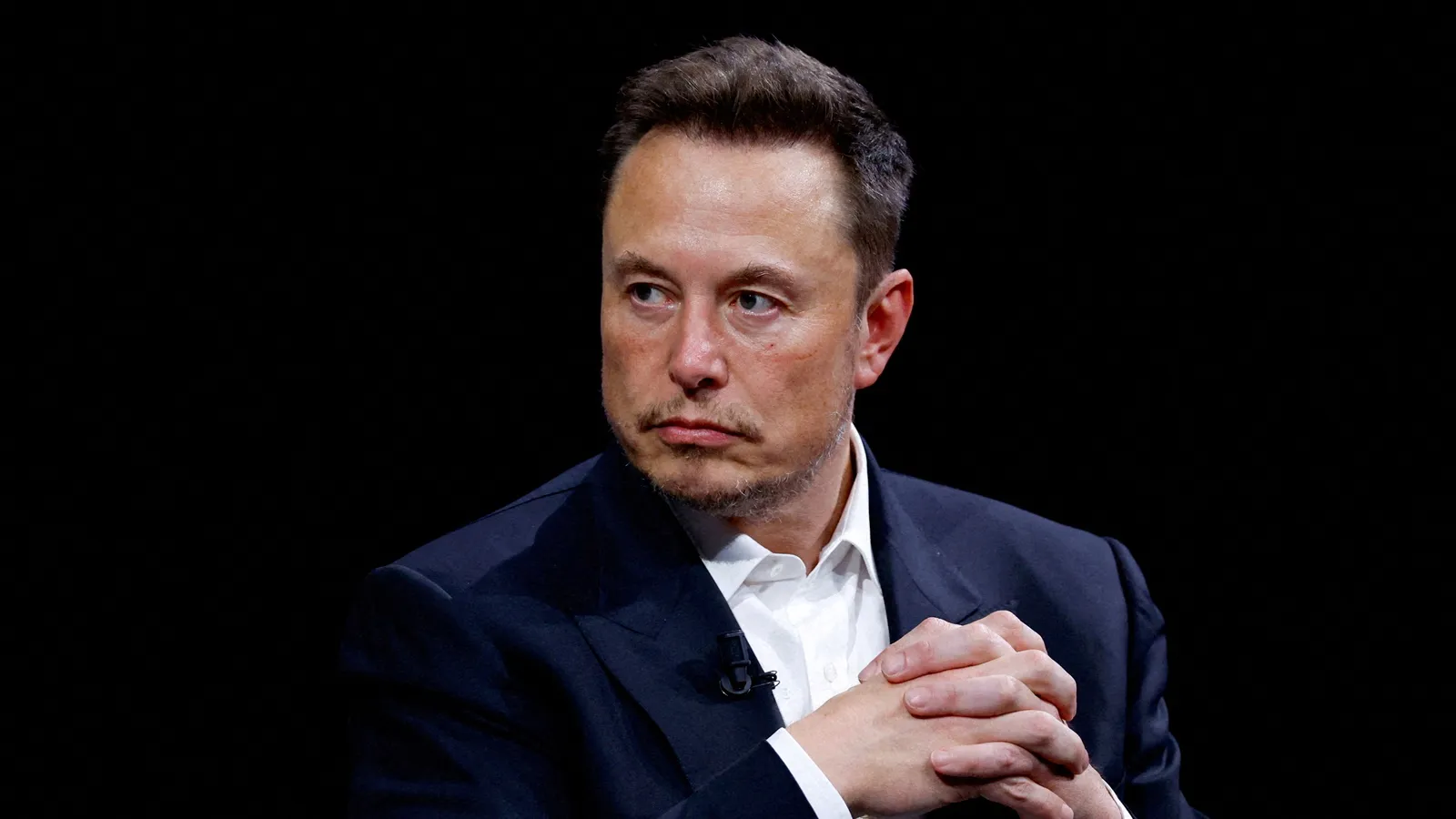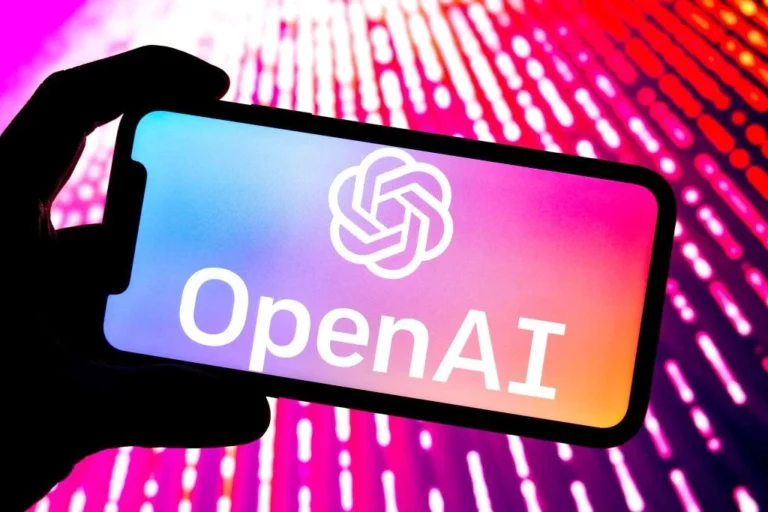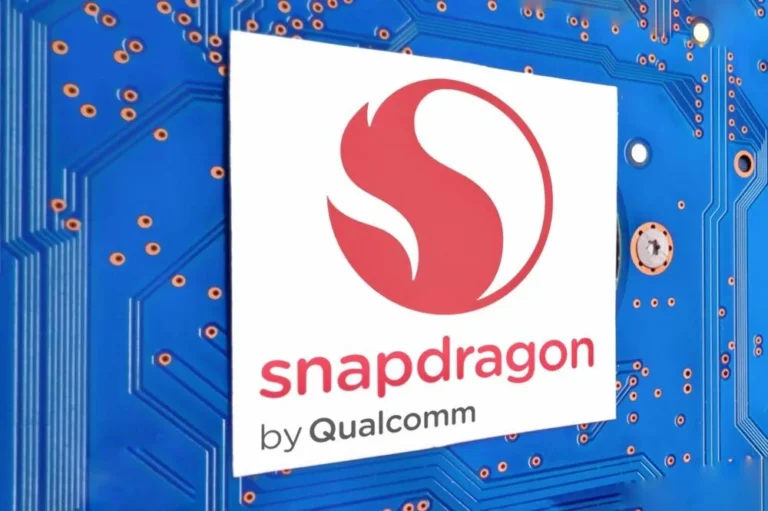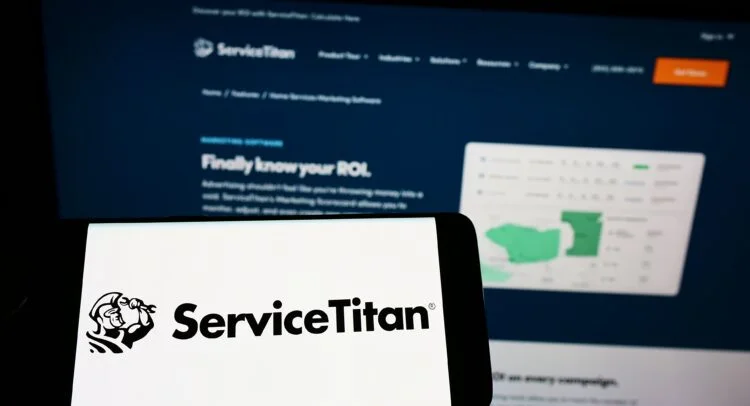Elon Musk Reveals SEC ‘Settlement Demand’ Amid Twitter Probe
Elon Musk, the tech billionaire and CEO of Tesla and SpaceX, revealed on Thursday that the Securities and Exchange Commission (SEC) has issued a “settlement demand” related to its ongoing investigation into his financial dealings surrounding the 2022 Twitter buyout. The disclosure came via a post on Musk’s social media platform, X, formerly known as Twitter.
SEC’s Settlement Demand and Allegations
The SEC’s settlement demand reportedly asks Musk to agree to terms, including paying a fine, within 48 hours or face charges on multiple counts. The allegations center on “certain purchases, sales, and disclosures of Twitter shares” in 2022. Specifically, the regulator has been investigating whether Musk engaged in securities fraud while selling Tesla shares and amassing a significant stake in Twitter before completing the leveraged buyout of the social media platform.
Musk shared a letter from his attorney, Alex Spiro of Quinn Emanuel, addressed to SEC Chair Gary Gensler, accusing the agency of pressuring him unfairly. According to the letter, the SEC threatened swift action if Musk didn’t comply with the settlement terms. However, sources familiar with the matter have disputed the timeline, stating that Musk was given more than 48 hours to respond.
Musk’s Reaction on Social Media
Musk responded to the SEC’s actions in his trademark style—blending sarcasm with sharp commentary. In one post, Musk mocked Gensler, writing, “Oh Gary, how could you do this to me?” and accompanying the comment with an emoji of a crying face.
In another post, Musk shared an AI-generated image portraying Gensler as a snail in a suit, captioning it, “Asked @Grok to draw a picture of @GaryGensler. Very flattering, I think!” Grok is Musk’s recently launched AI tool.
Background of the SEC Investigation
The SEC’s current investigation traces back to Musk’s acquisition of Twitter, during which he incrementally bought shares in the company before announcing his intent to take it private. Regulators are examining whether Musk’s actions, including his disclosure timing, violated securities laws by disadvantaging other shareholders.
A person familiar with the investigation clarified that if Musk does not agree to a settlement, charges might not immediately follow. Instead, the SEC could issue a Wells Notice—a formal notification that the agency’s enforcement division is recommending action. Such notices typically precede a review by SEC commissioners, who then decide whether to proceed with charges.
Spiro Pushes Back Against the SEC
In his letter, Spiro accused the SEC of engaging in a “campaign of harassment” against Musk, extending over six years and spanning multiple investigations. He also cited the reopening of a probe into Neuralink, Musk’s health tech venture, as part of the alleged targeting.
Spiro further alleged that the SEC’s actions might have political motivations, questioning whether the White House had directed the agency to act against Musk. He also refused to comply with a subpoena from the SEC, calling it part of an improperly motivated campaign against his client and associated companies.
SEC’s History with Musk
This is far from Musk’s first clash with the SEC. In 2018, the agency charged Musk with securities fraud after he tweeted about potentially taking Tesla private at $420 per share, claiming he had “funding secured” for the deal. No such deal materialized, and Musk and Tesla each paid $20 million fines. As part of the settlement, Musk also stepped down temporarily as Tesla’s board chairman.
Since then, Musk has openly criticized the SEC, frequently mocking the agency and its leadership.
The Political Undertone
Musk’s relationship with the federal government has shifted over the years. Once perceived as a progressive tech leader, he has become a prominent donor to the Republican Party. Musk notably supported President-elect Donald Trump, who recently vowed to fire SEC Chair Gary Gensler. Following Trump’s election, Gensler announced his intention to resign.
These developments add a political dimension to the SEC’s probe, with Musk’s legal team alleging potential bias in the agency’s actions.
Ongoing Civil Litigation
In addition to the SEC probe, Musk faces a civil lawsuit related to the Twitter buyout. The Oklahoma Firefighters Pension and Retirement System has accused Musk of concealing his growing stake in Twitter and his buyout intentions, allegedly disadvantaging other shareholders.
According to the lawsuit, Musk’s failure to disclose his investments early on influenced shareholders’ decisions, potentially affecting the company’s valuation.
What’s Next?
As the SEC’s investigation unfolds, Musk’s refusal to settle within the demanded timeframe could lead to prolonged legal battles. However, sources indicate that charges are not guaranteed, and any decision would depend on a review process within the SEC.
Musk’s outspoken resistance, combined with the agency’s persistent focus, ensures that this high-profile conflict is far from over. Both the regulatory and political implications will likely continue to capture public attention, with ramifications for Musk’s businesses and beyond.






